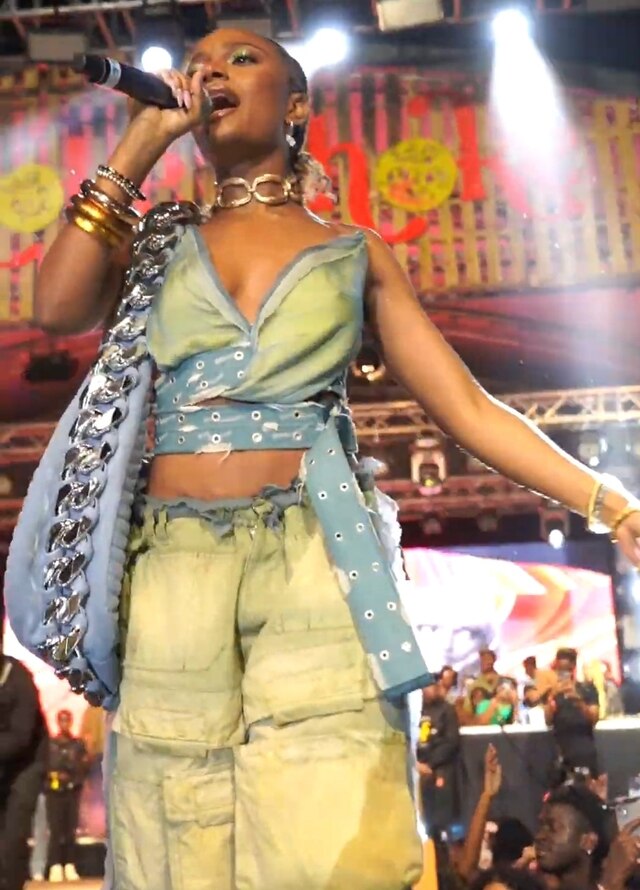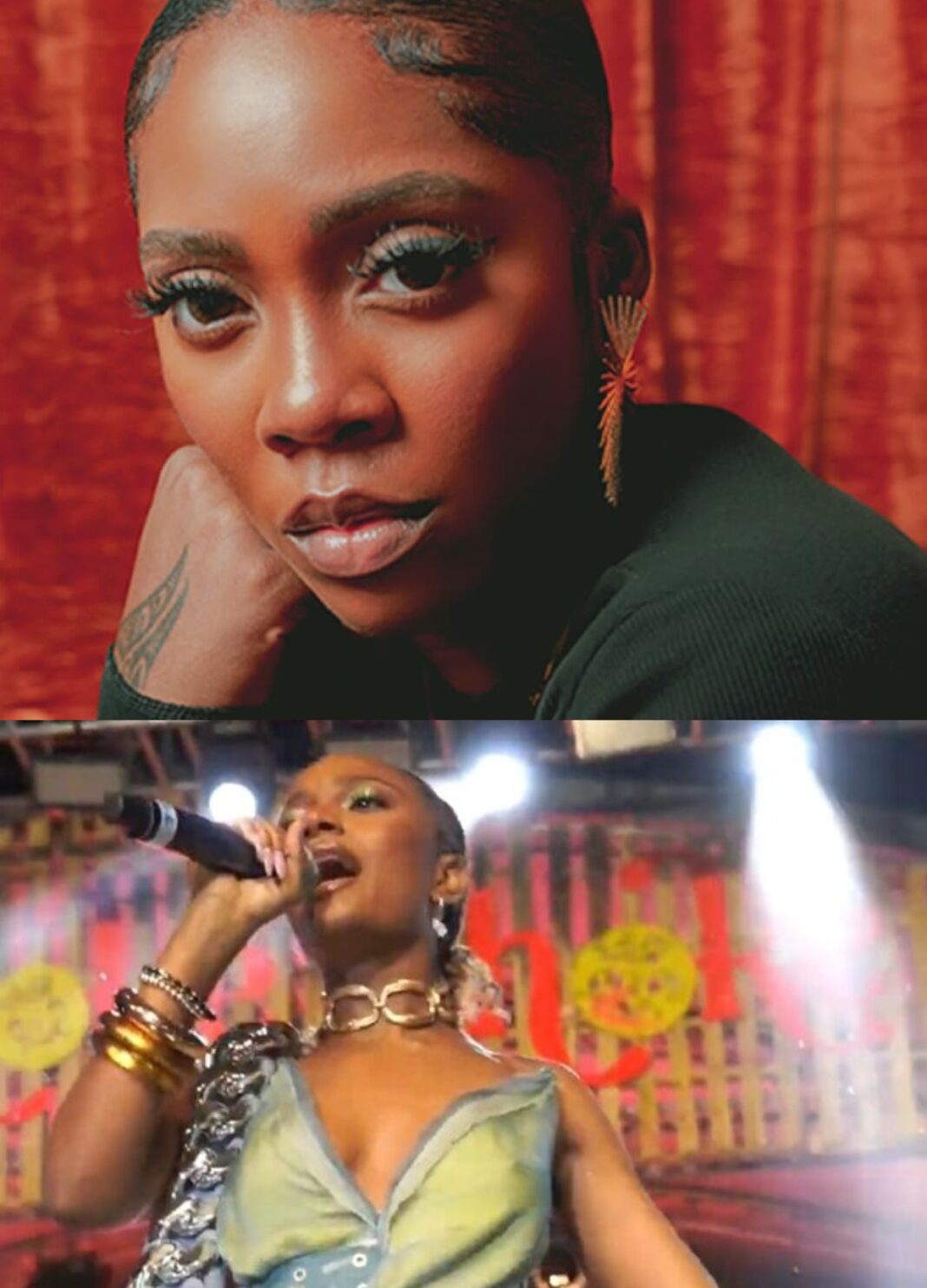Afrobeats singer Ayra Starr’s recent show of support for her LGBTQ fans at a gig in Brazil has sparked a debate among netizens, who warn that this could lead to a loss of her major fanbase in Nigeria. In Nigeria, where public display of homosexuality is a crime, there is a deep-seated aversion to homosexuality.
During her performance at the C6 Festival in São Paulo on May 17, LGBTQ fans held up placards with various inscriptions, including “We Are Your Sabigays” and “We [love emoji] You Ayra.” The term “Sabigays” is a nod to Ayra Starr’s nickname, Sabi Girl.
Following the event, a fan with the handle @miketrindade shared photos from his meeting with Ayra Starr on social media, captioning it, “Today I met my Starrrrrr [crying, praying and love emoji] @ayrastarr.” Ayra Starr reposted this on her Instagram story, which subsequently went viral, eliciting mixed reactions from fans, particularly Nigerians.
Twitter user @harrisonJNIOR commented, “She doesn’t need it [support of LGBTQ]. If she does, she’ll get them and lose Nigerians.” Another user, @NGeeNius, echoed this sentiment, stating, “This is rubbish. She doesn’t need this unnatural set of people. She already is a rising star. So she doesn’t need to capitalize on Jack.”
However, some users highlighted the potential benefits of LGBTQ support. @GeorgeDanso97 noted, “Truth to be told. A homophobic musician will never break out in America or anywhere in the Western world. Those gays carry streams, buy tickets, everything. They run the game. Unless you are homophobic secretly.”
@AGRF9 added, “The moment the gays start stanning you, it’s officially over: You are in for a long career.” They pointed out that many successful female artists, such as Madonna, Beyoncé, Mariah, and Nicki, have careers heavily supported by women and gays.
@DemoOFUK suggested that if Ayra could capitalize on the LGBTQ market and include ‘rainbow’ lyrics in her songs, she could become a global sensation. They emphasized the need for inclusion, stating, “In all walks of life, there is the need for inclusion. Even in Netflix movies, we see it these days.”




